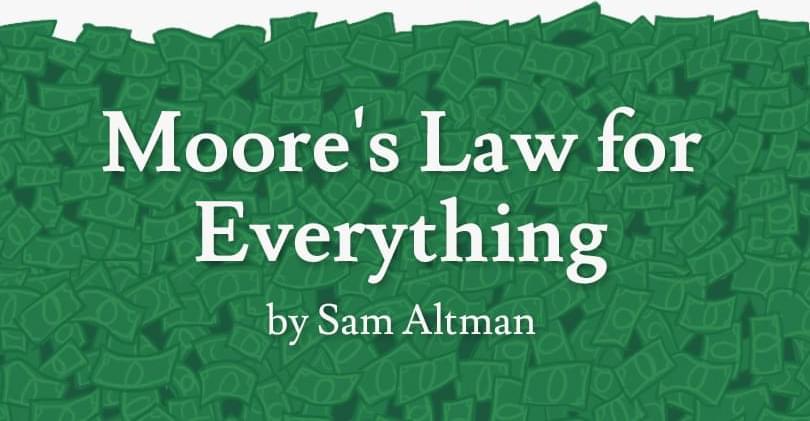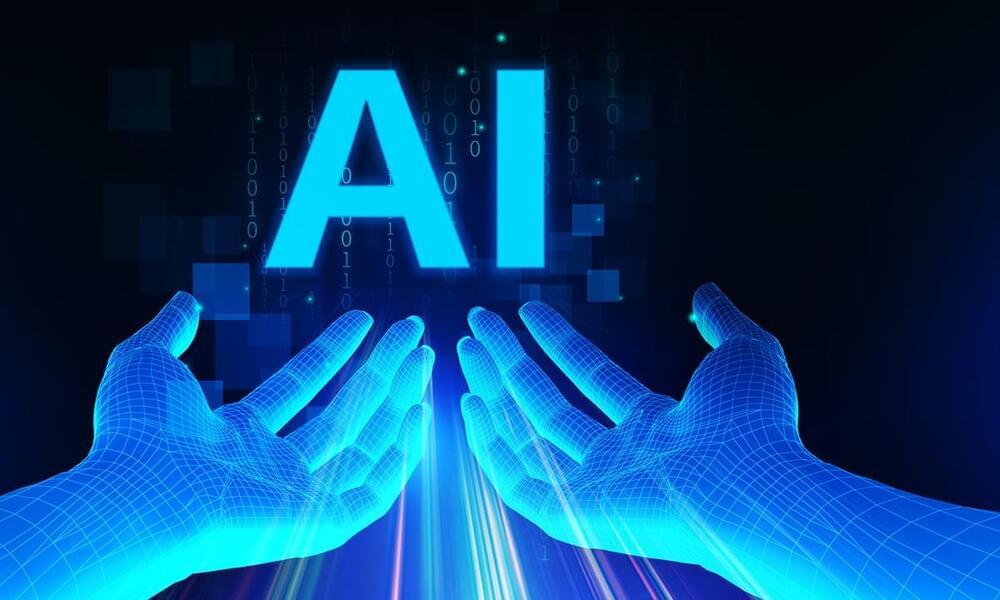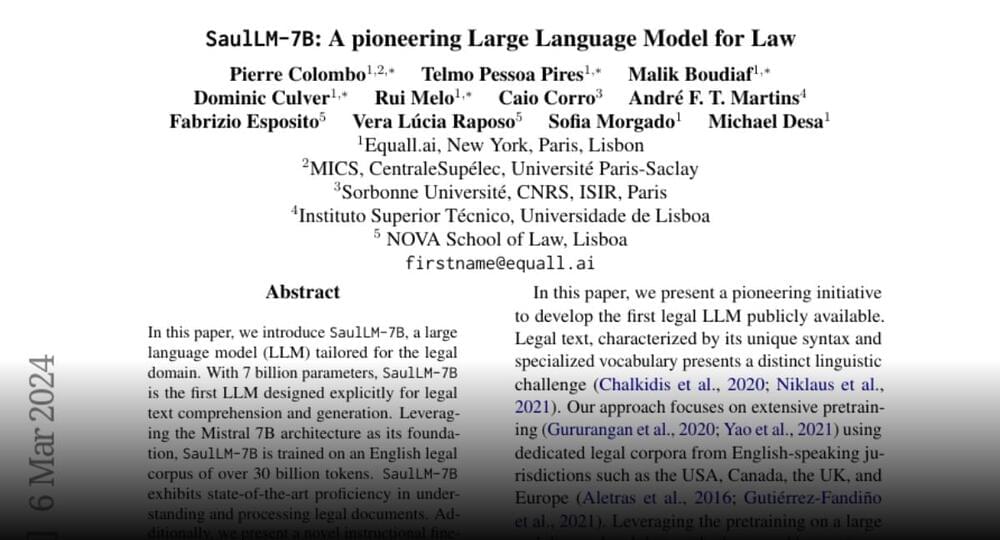AI is upending the way robots learn, leaving companies and researchers with a need for more data. Getting it means wrestling with a host of ethical and legal questions.



The OpenAI Startup Fund, a venture fund related to — but technically separate from — OpenAI that invests in early-stage, typically AI-related companies across education, law and the sciences, has quietly closed a $15 million tranche.
According to a filing with the U.S. Securities and Exchange Commission, two unnamed investors contributed the $15 million in new cash on or around April 19. The paperwork was submitted on April 25, and mentions Ian Hathaway, the OpenAI Startup Fund’s manager and sole partner.
The capital was transferred to a legal entity called a special purpose vehicle, or SPV, associated with the OpenAI Startup Fund: OpenAI Startup Fund SPV II, L.P.

Fascinating vision/plan by the one and only Sam Altman of how to update our economic systems to benefit everyone in the context of rapidly accelerating technological change.
My work at OpenAI reminds me every day about the magnitude of the socioeconomic change that is coming sooner than most people believe. Software that can think and learn will do more and more of the work that people now do. Even more power will shift from labor to capital. If public policy doesn’t adapt accordingly, most people will end up worse off than they are today.
We need to design a system that embraces this technological future and taxes the assets that will make up most of the value in that world–companies and land–in order to fairly distribute some of the coming wealth. Doing so can make the society of the future much less divisive and enable everyone to participate in its gains.
In the next five years, computer programs that can think will read legal documents and give medical advice. In the next decade, they will do assembly-line work and maybe even become companions. And in the decades after that, they will do almost everything, including making new scientific discoveries that will expand our concept of “everything.”


A theory of consciousness should capture its phenomenology, characterize its ontological status and extent, explain its causal structure and genesis, and describe its function. Here, I advance the notion that consciousness is best understood as an operator, in the sense of a physically implemented transition function that is acting on a representational substrate and controls its temporal evolution, and as such has no identity as an object or thing, but (like software running on a digital computer) it can be characterized as a law. Starting from the observation that biological information processing in multicellular substrates is based on self organization, I explore the conjecture that the functionality of consciousness represents the simplest algorithm that is discoverable by such substrates, and can impose function approximation via increasing representational coherence. I describe some properties of this operator, both with the goal of recovering the phenomenology of consciousness, and to get closer to a specification that would allow recreating it in computational simulations.
This second position, while certainly not inconsistent with realism per se, turns upon a distinction involving a notion of “observation”, “measurement”, “test”, or something of this sort—a notion that realists are often at pains to avoid in connection with fundamental physical theory. Of course, any realist account of a statistical physical theory such as quantum mechanics will ultimately have to render up some explanation of how measurements are supposed to take place. That is, it will have to give an account of which physical interactions between “object” and “probe” systems count as measurements, and of how these interactions cause the probe system to evolve into final “outcome-states” that correspond to—and have the same probabilities as—the outcomes predicted by the theory. This is the notorious measurement problem.
In fact, Putnam advanced his version of quantum-logical realism as offering a (radical) dissolution of the measurement problem: According to Putnam, the measurement problem (and indeed every other quantum-mechanical “paradox”) arises through an improper application of the distributive law, and hence disappears once this is recognized. This proposal, however, is widely regarded as mistaken.[4]
As mentioned above, realist interpretations of quantum mechanics must be careful in how they construe the phrase “the observable A” A A has a value in the set B” B B”. The simplest and most traditional proposal—often dubbed the “eigenstate-eigenvalue link” (Fine [1973])—is that (• holds if and only if a measurement of A” A A yields a value in the set B” B B with certainty, i.e., with (quantum-mechanical!) probability 1. While this certainly gives a realist interpretation of (•,[5] it does not provide a solution to the measurement problem. Indeed, we can use it to give a sharp formulation of that problem: even though A” A A is certain to yield a value in B” B B when measured, unless the quantum state is an eigenstate of the measured observable A” A A, the system does not possess any categorical property corresponding to A” A A ’s having a specific value in the set B” B B.

But the reality is that the hard work starts now. The law will enter into force in May, and people living in the EU will start seeing changes by the end of the year. Regulators will need to get set up in order to enforce the law properly, and companies will have between up to three years to comply with the law.
Here’s what will (and won’t) change:

On Saturday, Chinese scholars unveiled a preliminary proposal draft in Beijing that could potentially shape the nation’s forthcoming artificial intelligence (AI) law.
The proposal draft pays attention to the development issues of industrial practice in the three areas of data, computing power and algorithms, Zhao Jingwu, an associate professor from BeiHang University Law School, told the Global Times.
Zhao said that the proposal also introduces the AI insurance system that encourages the intervention of the insurance market through policy incentives, exploring insurance products suitable for the AI industry. In addition, it proposes the enhancement of citizens’ digital literacy, aiming to prevent and control the security risks of the technology from the user end.

A pioneering Large Language Model for Law https://huggingface.co/papers/2403.
In this paper, we introduce SaulLM-7B, a large language model (LLM) tailored for the legal domain.
Join the discussion on this paper page.